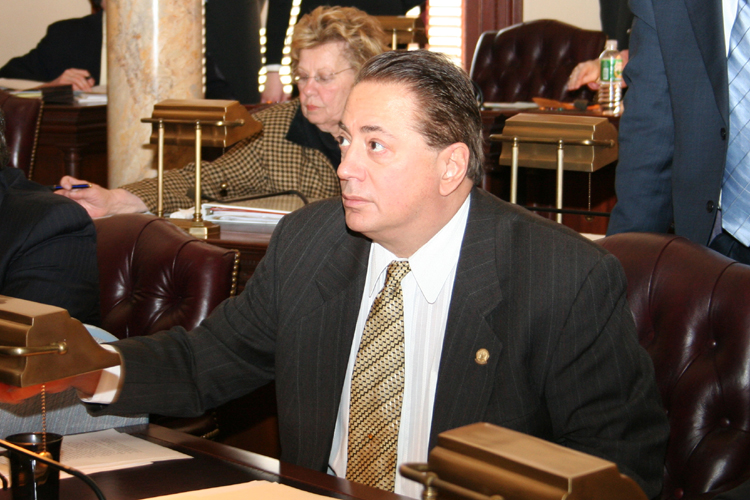
As Districts Eliminate Summer Programs Due to Budget Cuts, Measure Can Keep Schools Open for Students Who Need Help
TRENTON – Legislation Senators Nicholas Sacco and Jim Whelan sponsored to permit school districts to charge tuition for summer classes was approved today by a Senate committee.
The lawmakers noted that due to cuts in state education aid and decreasing revenues, some school districts have been forced to eliminate their summer remediation and advanced coursework programs. They said school districts that choose to charge summer tuitions would be able to focus their resources on essential programs during the regular school year.
“Charging tuition for summer school is not the ideal, but it certainly is better than the alternative of no summer school,” said Sacco (D-Hudson), who is the assistant superintendent in North Bergen. “For struggling students, summer school is necessary for them to get back on pace with their peers. For students at the top of their class, an enrichment course can enjoy opportunities not available during the regular school year. At a time when administrators are coping the best they can with drastic state aid and budget cuts, this is a fair proposal that will benefit schools and students alike.”
Under the bill (S-1974), students could be charged a sliding tuition that is in line with federal poverty guidelines, so lower-income students who wish to take advantage of summer school could not be priced-out from attending. According to published reports, it is estimated that tuition would average roughly $200 per student.
“When schools have to redirect already scarce resources to cover the expenses of summer school for a few students, the learning experience for many of their peers can suffer,” said Whelan (D-Atlantic), a career teacher in Atlantic City. “Allowing schools to charge a nominal tuition fee would send a strong message to students and families that it’s more important to pay attention in class throughout the school year so summer school doesn’t even become an option.”
The Senate Education Committee released the bill 3-0. It now is poised for a vote by the full Senate.

